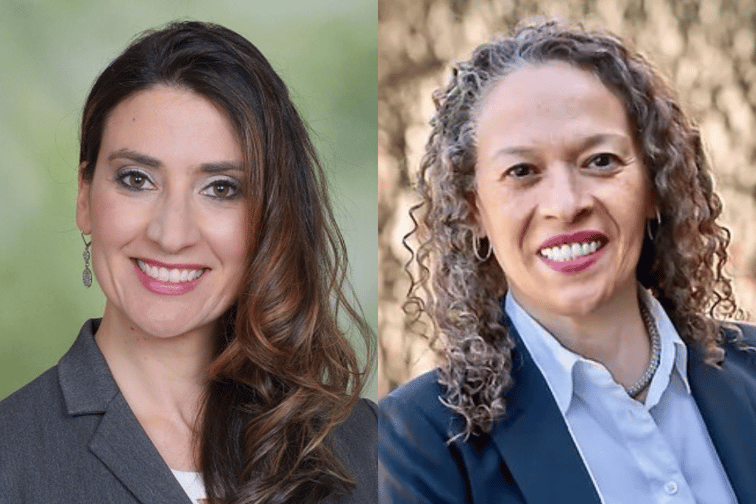

Creative, entrepreneurial, and rich in opportunities to improve people’s lives: these words could easily describe what it’s like to work in tech, business, or public service. But leaders argue that the same could be said of an insurance career.
Shifting the younger generation’s mindset about insurance will be key to attracting the next generation of brokers, underwriters, risk managers, and claims adjusters. But the industry needs to reinforce the benefits of working in insurance and steer the conversation to better address Millennials’ career goals.
“Millennials want to make a difference and to help people in their careers, and we should be using this in our recruitment playbook,” said Diane Delaney (pictured left), executive director at the Private Risk Management Association (PRMA), a non-profit insurance education organization.
The industry is also its own best advocate when it comes to dispelling myths about the profession. One of the most common misconceptions is that career options and progression are limited.
“We need to get young professionals to understand that there are so many different roles that exist in the insurance space, from underwriting, to claims, legal, finance, sales and marketing,” continued Delaney, who spoke to Insurance Business ahead of Insurance Careers Month.
“There are endless opportunities from a growth standpoint, and we don’t just have to look for someone who’s got a business or finance degree. Someone with a passion for fine arts could advise successful families on their art collection, or an engineer could help dissect a claim after a property loss, for example.”
Read more: Insurance underwriters - what do they do?
For Celia Santana (pictured right), president and CEO of Personal Risk Management Solutions and a PRMA board of trustees member, insurance still needs to shake a bad reputation among American consumers.
“If I’m on a flight and someone sitting next to me says, ‘what do you do?’ and I say, ‘I’m in insurance,’ the conversation ends right there,” said Santana, who is also an Insurance Business America 2022 Elite Woman.
“Insurance has a bad reputation for a variety of reasons. But I think it’s mostly because the average consumer’s opinion of insurance is bad. So, what we try to do is show people that the work we do matters, and that there is career progression within the industry.”
Storytelling is pivotal to shifting the public mindset around insurance. Delaney said companies and agencies don’t always do the best job at telling their stories and highlighting the stability that the profession brings.
“I think that delays us from being able to access some of these young recruits who would find an interest in insurance,” she said. “Insurance is something that’s essential, and regardless of the state of the economy, it’s always around and always developing new things. It’s not going away. People around you may be losing jobs, but insurance has been here for decades and will continue to be.”
Attracting the next generation is one significant hurdle, but retaining and nurturing them to develop long, productive careers in insurance is another challenge altogether. Apart from generous compensation, flexible schedules, and career progression, insurance companies should make education a part of their overall package.
Deloitte’s Global 2022 Gen Z and Millennial survey showed learning and development opportunities were the second biggest reason younger workers chose to work for their current organization. For Delaney, the next generation’s success – and the insurance industry’s future – boils down to giving young professionals the tools and support to do their job.
“When so much is changing so quickly in the industry, we need to think about what we can do to train these recruits so they feel they could be successful, that they’re investing in their careers and future growth,” Delaney said.
Raw talent exists in many different spaces, but insurance companies must be intentional about creating a diverse workforce that reflects their customer base and core values.
Santana stressed the importance of broadening the insurance talent search to minority and ethnic populations. The CEO volunteers with non-profits that boosts educational opportunities for young people and women of color, such as A Better Chance and the National Hispanic Scholarship Fund.
“I think we should focus on expanding our touch points, to look at community colleges and historically black colleges and universities. There are a lot of great schools that have people who are looking for the stability that a career in insurance offers,” Santana said.
What can the insurance industry do better when it comes to attracting and retaining talent? Share your ideas in the comments below.
